Help Your Aging Parents Stay Healthy


Supporting Your Aging Parents' Health
As our parents age, their health becomes a top priority. You can help your loved ones stay healthy and active, including protecting them against respiratory syncytial virus (RSV). From encouraging exercise to discussing vaccines, we'll cover key aspects of senior wellness. Even small changes can make a big difference in their quality of life.
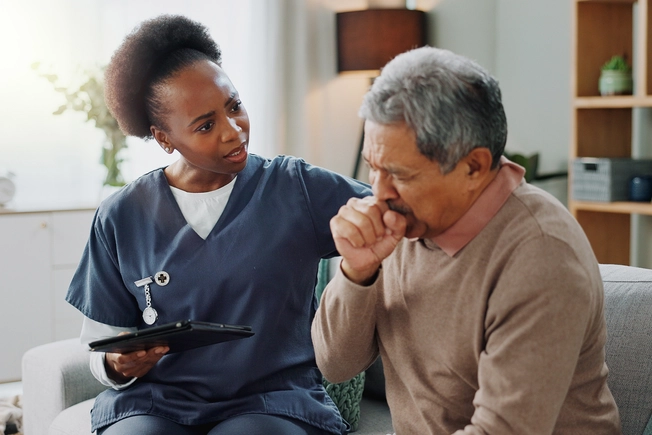
Keep Moving: Exercise for Seniors
Regular physical activity is crucial for healthy aging. Encourage your parents to stay active with exercises suitable for their fitness level. Walking, swimming, or gentle yoga can improve strength, balance, and overall health. Aim for at least 150 minutes of moderate activity per week. Always consult their doctor before starting a new exercise routine, especially if they have existing health conditions.
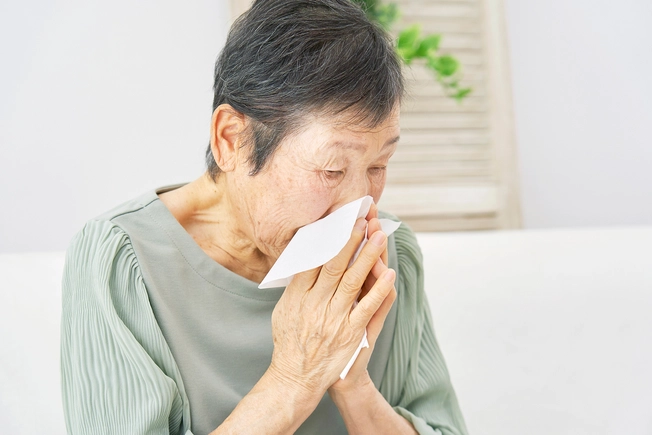
Nourish the Body: Healthy Eating Habits
Help your parents focus on nutrient-rich foods like fruits, vegetables, whole grains, and lean proteins. Ensure they drink plenty of water. As people age, their body's thirst signal diminishes so they may not realize they are dehydrated. Consider meal planning or grocery shopping together to make healthy eating easier. If needed, consult a dietitian for nutrition advice tailored to their specific health needs.
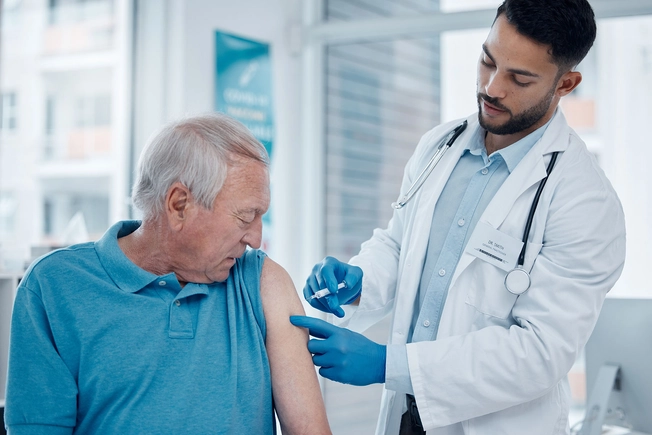
Stay Connected: Mental Health Matters
Mental well-being is just as important as physical health. Encourage your parents to stay socially active by connecting with friends, joining community groups, or volunteering. Suggest activities that challenge their minds, like puzzles or learning new skills. Help them manage stress through relaxation techniques or enjoyable hobbies.
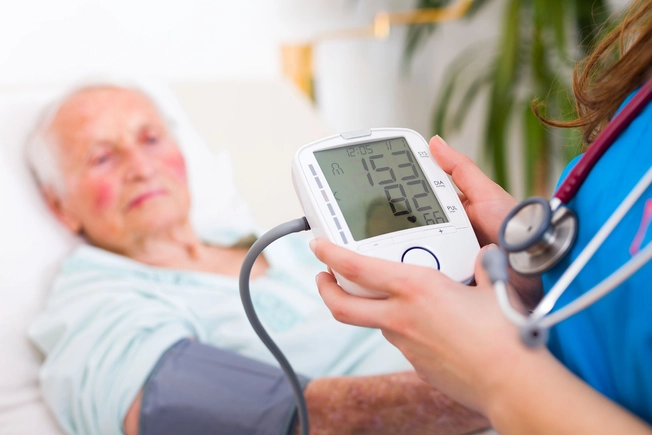
Regular Checkups: Prevention Is Key
Preventive care is crucial for early detection of health issues. Help your parents schedule regular checkups, including annual physicals, vision tests, and hearing exams. Ensure they're up to date with recommended screenings like mammograms, colonoscopies, and bone density scans. Don't forget about dental checkups too.
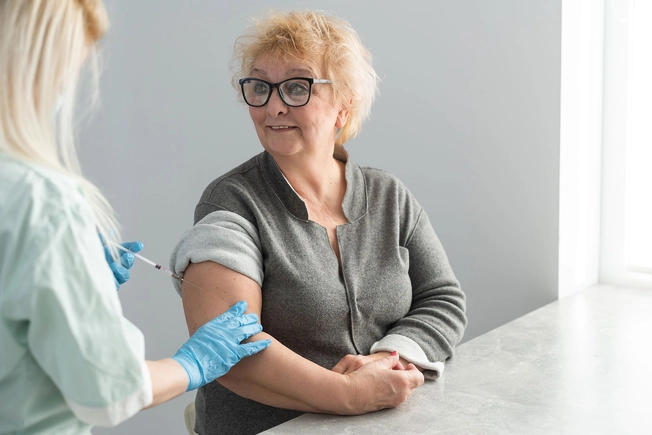
Home Safety: Preventing Falls
Falls can be a serious risk for older adults. Help make your parents' home safer by removing tripping hazards, installing grab bars in bathrooms, and ensuring good lighting throughout the house. Encourage the use of assistive devices if needed, such as canes or walkers. Regular vision checks and reviewing medications that may affect balance are also important steps in preventing falls.
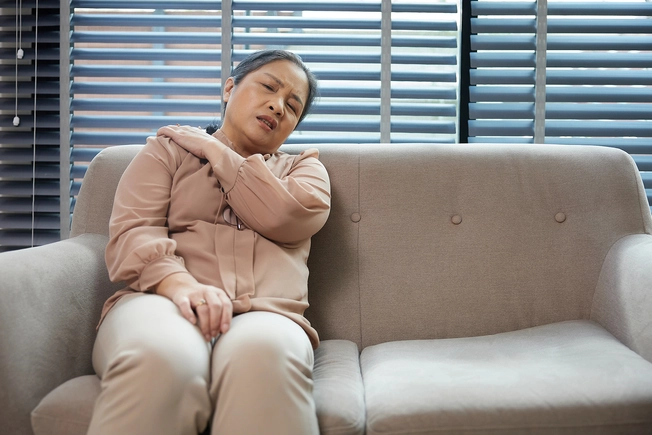
Understanding RSV: A Risk for Seniors
Respiratory syncytial virus (RSV) can be particularly dangerous for older adults, potentially leading to severe respiratory infections. Symptoms may include coughing, wheezing, and difficulty breathing. RSV often circulates during fall and winter, similar to flu season. Encourage good hygiene and encourage your loved ones to get the RSV vaccine if they qualify.

RSV Protection: Vaccines for Seniors
The CDC recommends everyone age 75 and older get vaccinated against RSV. Adults ages 60 to 74 should get the vaccine if they have a higher risk of severe RSV, such as having chronic heart problems, a chronic lung or respiratory disease, severe obesity, certain diabetes conditions, or if they live in a nursing home. The vaccine is given as a single shot before RSV season. People don't need to get a new dose each year.
IMAGES PROVIDED BY:
1) Juan Gaertner/Shutterstock
2) PeopleImages.com - Yuri A/Shutterstock
3) siro46/Shutterstock
4) PeopleImages.com - Yuri A/Shutterstock
5) Lighthunter/Shutterstock
6) Andrew Angelov/Shutterstock
7) Mangkorn Danggura/Shutterstock
8) fizkes/Shutterstock
SOURCES:
https://www.webmd.com/healthy-aging/what-to-know-about-dehydration-in-older-adults
https://www.webmd.com/vaccines/news/20241018/rsv-vaccine-shows-strong-protection-for-older-adults
American Medical Association: “RSV vaccines: Questions patients may have and how to answer.”
Mayo Clinic: “Guillain-Barre syndrome.”
CDC: “Frequently Asked Questions About RSV Vaccine for Adults,” “Respiratory Syncytial Virus Infection (RSV),” “RSV Vaccination for Older Adults 60 Years of Age and Over,” “RSV Transmission,” “Symptoms and Care.”
Columbia University: “Everything You Need to Know About the RSV Vaccine.”
Cleveland Clinic: “Why Is RSV Different Now Than In Past Years?”
Family Caregiver Alliance (www.caregiver.org).